By Alma Karadjuzovic Djindjinovic, Partner, JPM Montenegro
With the entry into force of the Law on the Legalization of Unauthorized Buildings in Montenegro (effective 1 August 2025), a new legal and regulatory framework has been established to address long-standing issues of unauthorized construction and unclear property status.
The Law’s primary objectives include providing legal certainty to owners of unlicensed buildings, improving urban planning and real-estate transparency, increasing public revenue, and establishing greater discipline in the construction sector.
However, while the Law is a significant step forward, it also introduces several challenges and ambiguities, most notably the prohibition of transactions involving unlegalized properties under Article 33.
Advantages
Legal certainty and registration
Property owners are now able to legalize unauthorized buildings, regardless of whether they were constructed, reconstructed, expanded, or upgraded, enabling lawful sale, inheritance, and collateralization.
Increased market transparency
Legalization distinguishes lawful from unlawful assets, improving investor confidence and price stability. Early data suggest a price increase for legalized properties, especially in coastal municipalities.
Public revenue and spatial benefits
The process brings additional municipal income through legalization fees, while also strengthening urban-planning control.
Reduced social and legal uncertainty
The Law allows residents to regularize their homes, avoiding demolition or legal disputes.
Disadvantages and Risks
Administrative complexity
The process requires extensive documentation and clear property titles; unresolved land ownership or missing planning documents can delay legalization.
Transaction ban (Article 33)
The Law explicitly forbids the transfer (alienation) of unauthorized properties, effectively freezing all sales, gifts, or other transactions until legalization is complete. This has already caused a major market slowdown, as notaries refuse to notarize such deals.
Financial burden
Legalization fees, long-term instalments (up to 30 years), and high fines (up to €40 000) may pose serious financial strain on owners.
Social concerns
Critics warn of possible social distress if thousands of families remain unable to legalize or transfer their homes.
Position of the Notary Chamber of Montenegro
The Notary Chamber of Montenegro has highlighted ambiguities in the Law, particularly in Article 33(1), which bans the transfer of unauthorized real estate—those built without or contrary to a building permit. The Chamber formally requested an opinion from the Ministry of Spatial Planning, Urbanism and State Property to clarify whether the ban applies only to buildings constructed after the Law entered into force, or also to those built before.
In the Ministry’s official opinion of 28 August 2025, it was confirmed that the prohibition applies to both categories, meaning that no unauthorized building—whether old or new—may be transferred or sold, regardless of whether a prohibition note has been entered in the cadastre.
Although the Chamber expressed disagreement with this restrictive interpretation, it acknowledged that notaries are legally bound to comply. The Chamber warned that this rule will inevitably produce serious negative consequences: owners of unlicensed buildings cannot dispose of their property, and the overall real-estate turnover in Montenegro will be drastically reduced.
Consequently, the Chamber concluded that notaries cannot prepare notarial deeds for the transfer of properties built without or contrary to a construction permit, as doing so would violate Article 33 of the Law and the Ministry’s binding opinion.
Conclusion/ recommendation
The new Law on the Legalization of Unauthorized Buildings represents an important step toward establishing legal certainty and regulating the real-estate market in Montenegro. However, its current implementation – particularly the ban on transactions involving unlegalized properties—raises serious practical and economic concerns.
The interpretation provided by the Ministry and the position of the Notary Chamber of Montenegro clearly indicate that the prohibition also applies to buildings constructed before the Law entered into force. In practice, this results in a temporary freeze of a significant portion of the property market. While the legislator’s intent was to restore order, such a restrictive application may have the opposite effect – slowing investment and creating legal uncertainty for both owners and buyers.
A balanced solution could be found through clarifying and phasing the application of Article 33, ensuring that the Law achieves its primary purpose, creating a transparent, orderly, and sustainable system of spatial and property management.
This article was originally published on CEE Legal Matters on November 12, 2025.

